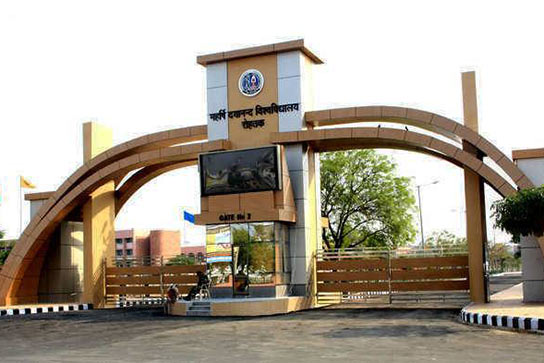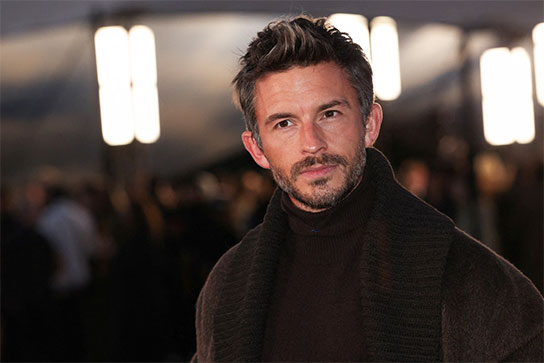Argentinian football legend Diego Maradona has passed away at his home in Tigre after suffering a cardiac arrest, reports suggest.
The flamboyant player, best known for leading Argentina to the 1986 World Cup title, was 60.
Maradona recently had a surgery for a brain clot. He had celebrated his 60th Birthday on October 30.
Diego Maradona has died from a heart attack just days after turning 60.
The Argentinian football legend died at home, his lawyer said, just two weeks after having surgery on a blot clot in his brain.
Widely regarded as one of the greatest players of all time on the pitch, his life off the pitch was equally notorious - amid battles with drug and alcohol addiction.
Maradona won the World Cup with Argentina in 1986, having knocked England out of the tournament in a match which saw him score the famous 'Hand of God' goal.
The Argentine news outlet Clarin broke the news on Wednesday, describing the news of Maradona's passing as having a 'worldwide impact'.
The sad news was confirmed by Maradona's lawyer. Soon, tributes were pouring in from all over the world of football.
Maradona left hospital on November 11 just eight days after being admitted for emergency brain surgery.
Maradona was hospitalised the previous week and had to have an emergency operation to remove a blood clot from his brain.
Maradona, who was well known for having a wild lifestyle during and after his playing days, had a gastric bypass operation to lose weight in 2005 and was once more hospitalised two years later for alcohol-induced hepatitis.
He also fell ill at the last World Cup in Russia, where he was filmed passing out in an executive box when Argentina took on and beat Nigeria in Group D.
Maradona began taking cocaine in the mid-1980s - during the height of his playing days, going on to develop an addiction to drugs and alcohol over the next two decades.
His drug use began in 1982 and reportedly grew worse in 1984 when he moved to Napoli and had connections with the Comorra.
In 2014, Maradona said of his drug use: 'I gave my opponents a big advantage. Do you know the player I could have been if I hadn't taken drugs?'
His first real punishment came in 1991 when he was banned for 15 months by Napoli after testing positive for cocaine. Later in the same year he was arrested in Buenos Aires for possessing half a kilo of cocaine, and was given a 14-month suspended sentence.
In 1994, Maradona was back in the fold with the Argentina national team, making headlines around the world for a now-famous screaming celebration into the camera lens after a goal against Greece. His tournament was to come to an early end, though, after he was expelled days later for testing positive for five variants of ephedrine, a banned substance. He was banned for 15 months, ending his international career.
In 1995, he moved to Boca Juniors but two years later he failed a drugs test for the third time in six years, putting an end to his playing career. Officially, a 'prohibited substance' is all that has been revealed about that test, but Boca president Mauricio Macri has said in interviews that cocaine was found in a urine sample.
In 1996, Maradona said publicly: 'I was, am and always will be a drug addict.'
In 2000, the footballing legend suffered an overdose, and in 2004 he had a heart attack. A year later, he was forced to have gastric bypass surgery, and in 2007 he was back in hospital again, this time suffering hepatitis.
It is then understood he stopped taking drugs, telling a journalist in 2017 that he hadn't taken drugs for 13 years and was feeling 'great'.
He has been drinking alcohol since 2004, though, hitting the headlines at the 2018 World Cup for his bizarre antics at a number of Argentina games. A video emerged of him drinking tequila on a plane, and he claimed he 'drank all the wine' ahead of their win over Nigeria.
Argentine Football Legend Diego Maradona Passes Away At 60!





